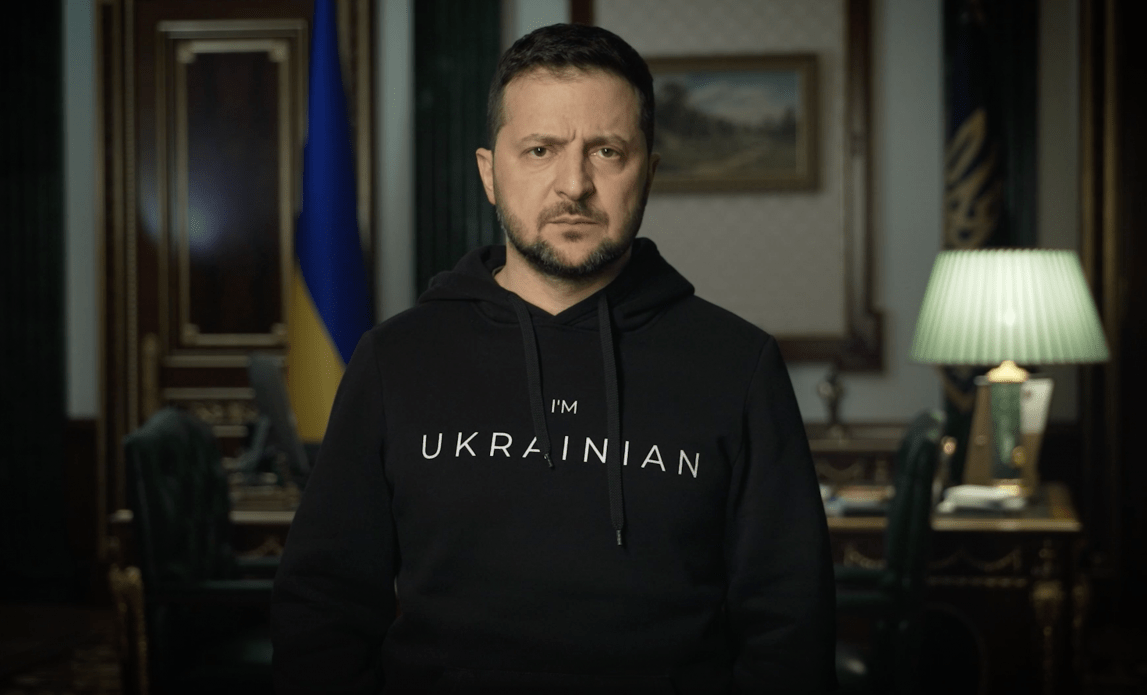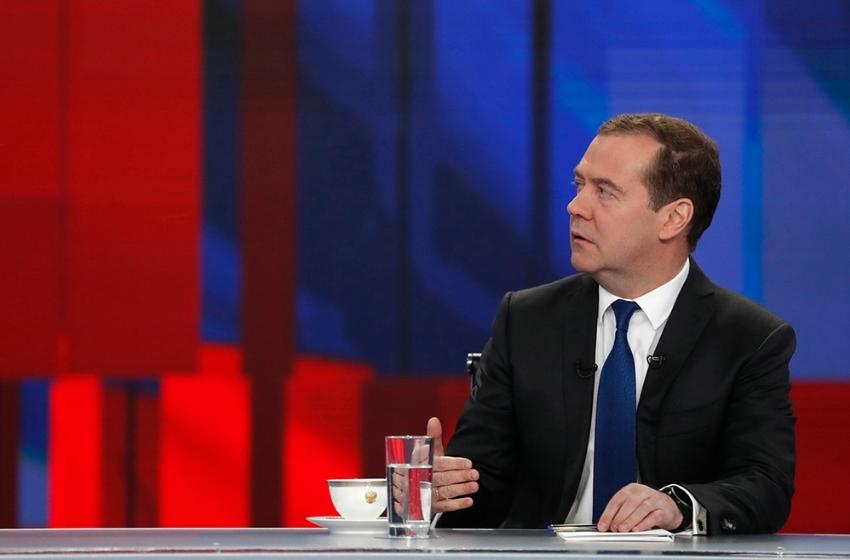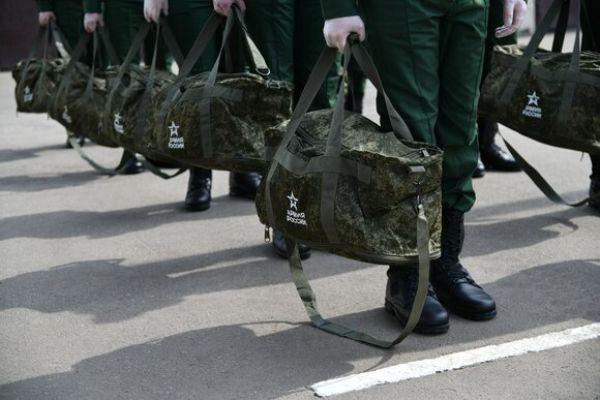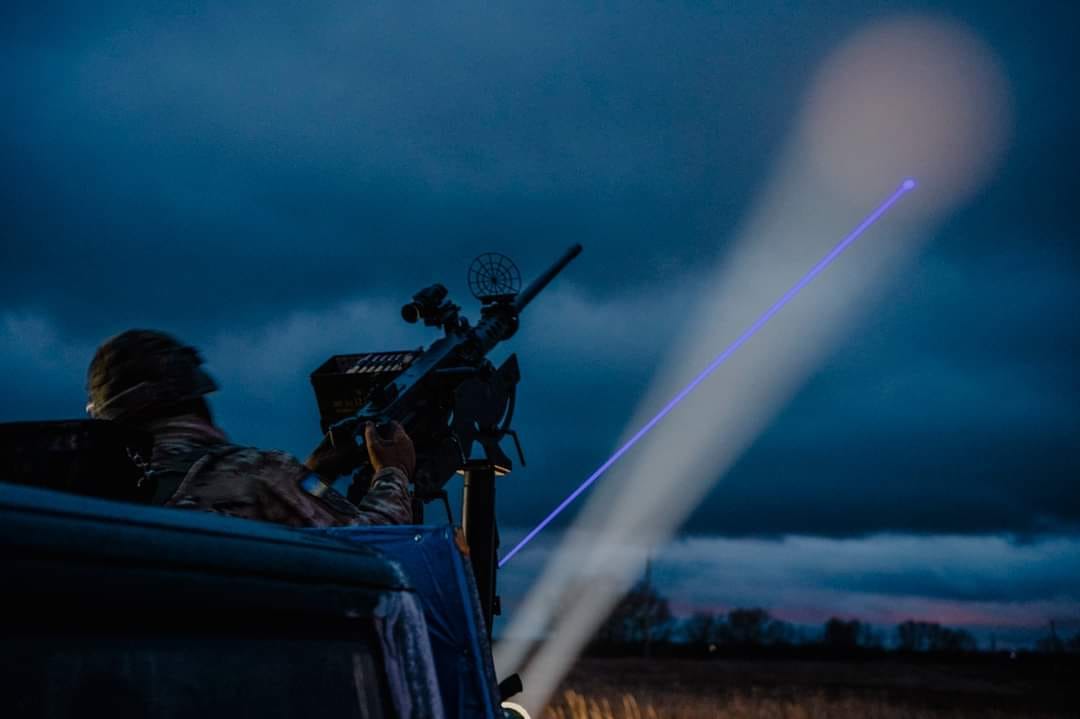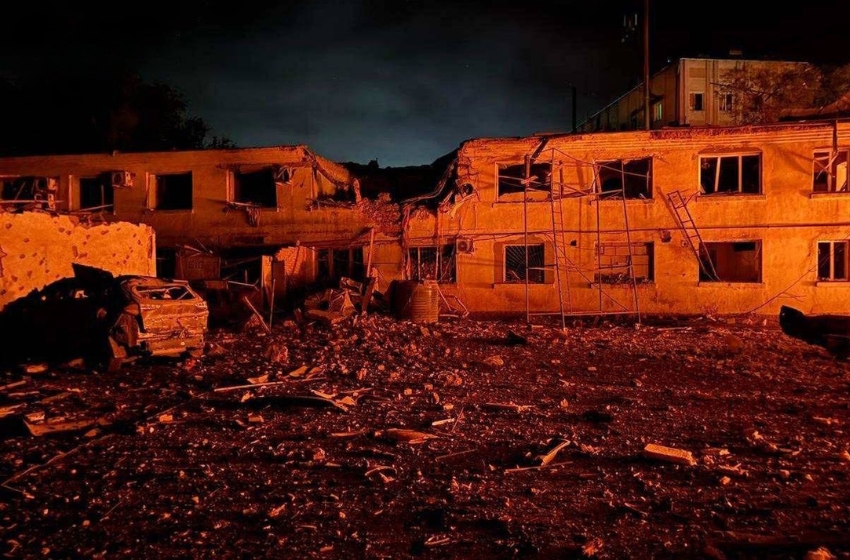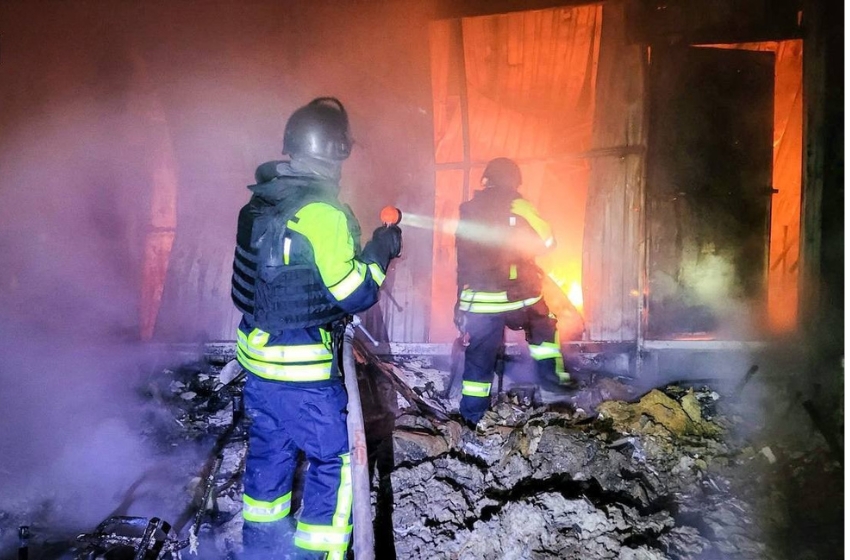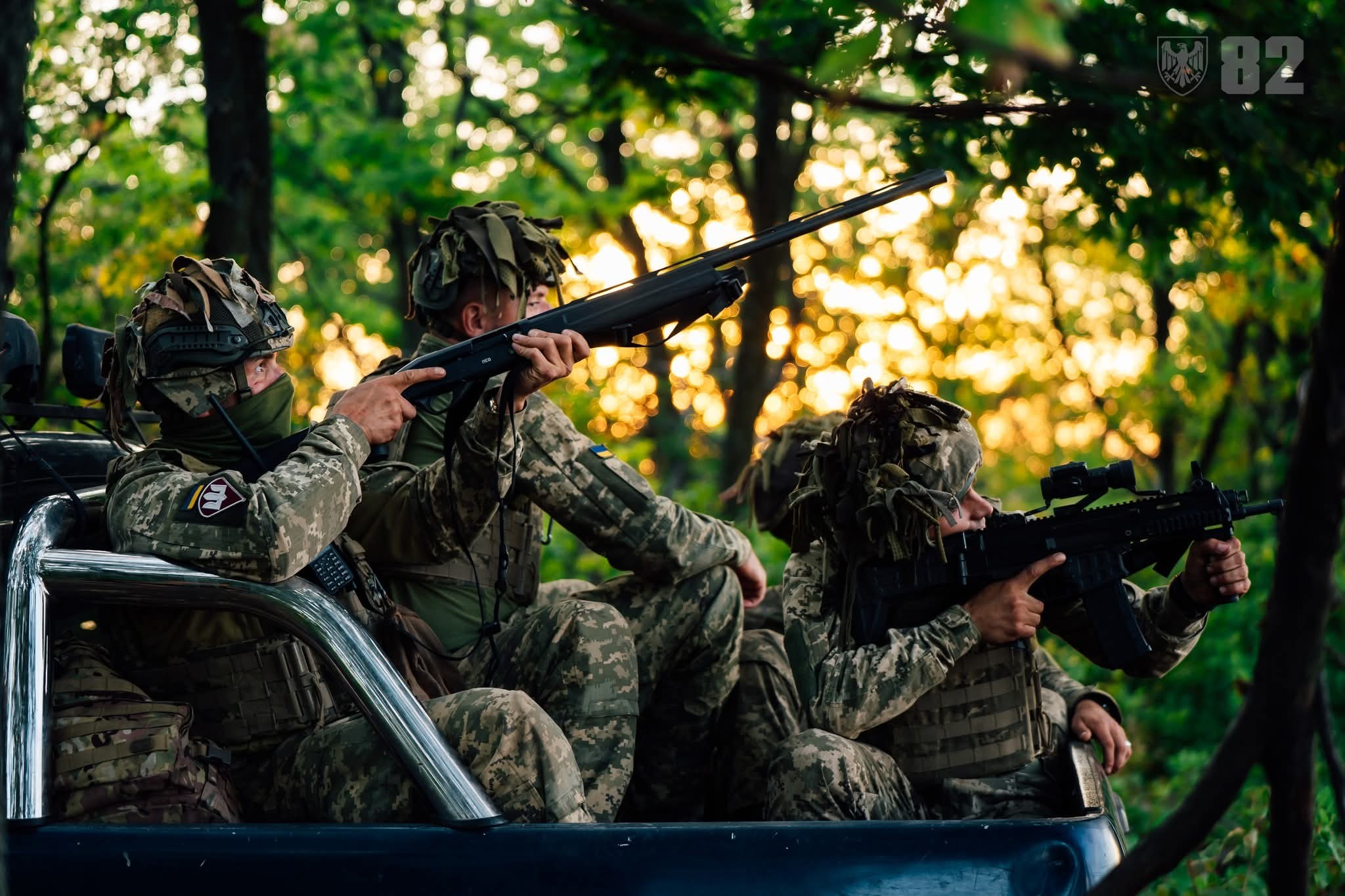"In Israel, there is a deep political crisis. Aside from these 20 years of negotiations, their development model has exhausted itself. They are currently deciding which direction to take: the right-religious or left-liberal. The confrontation has permeated all layers of Israeli society. They are divided. They are in the midst of an ideological civil war. This includes divisions within the intelligence agencies and the military."
This opinion was shared by Alexey Arestovich during the latest episode of "A Diary of War" on Yuriy Romanenko's YouTube channel.
"Consequently, different forces in the government and in politics have begun to encourage one side against the other, and so on. They are engaged in an ideological civil war, including within the intelligence services and among reservists. It has even reached the point where reservists with very high status, such as intelligence operatives, special forces, and pilots, have refused to serve.
While waging this internal ideological war, they sought to protect themselves as much as possible from possible provocations by the Palestinians. In addition, their foreign policy process involves reconciliation with Saudi Arabia. This is a key decision in the region.
Among the 19 Arab countries that are hostile to Israel, there were only two peace agreements: with Jordan and Egypt. Suddenly, such a powerful player as Saudi Arabia has come into play. This has led to major changes in the Middle East.
The Palestinians were very clever. They managed to push disinformation onto Israel, which Israel swallowed. They did so because they really wanted to believe it.
We fell for it in the same way because we swallowed the disinformation that there would be no attack on Kyiv. The military logic was that the confrontation should have been in the East. They (Russia) were addressing all their tasks in the East. Our weakness provoked them to attack Kyiv. Kyiv was not very prepared for defense, to be frank.
The situation was like a copy. Hamas conducted exercises ten times, so-called exercises. Each time, the Israelis knew that these were exercises. But on the eleventh occasion, they conducted the same kind of exercises in the Gaza Strip area and used them to launch an attack this time.
Israeli intelligence correctly assessed the capabilities but misjudged the intentions. The same thing happened in 1973. Syria and Egypt attacked simultaneously. Israel suffered heavy losses then and barely managed to defend itself.
This time, the Israelis were so relaxed that the Palestinians launched their attack on motorcycles and cars. They seized between 7 and 17, depending on various reports, populated areas. They attacked a festival. It remains to be learned about the number of casualties. They attacked three military bases, and according to some reports, possibly four. Moreover, the rumours about the capture of an Israeli general did not come out of nowhere. This is a total success for Hamas. It's the most significant blow to Israel. I believe that many military personnel will pay with their positions, and ultimately, the Israeli government will also pay. The main tragedy is that they took hostages, both military and civilians. Besides, this is just like Bucha. They (Hamas) were shooting children, cars with families; whoever they didn't shoot, they grabbed and dragged away. We've already seen how they desecrated the bodies of the deceased and how they torment the living. We became acquainted with these atrocities when the Russian army entered our territory.
Now, the Israeli army is already conducting airstrikes and clearing the nearest settlements of terrorists. Because they need to clear it so that there are no new victims and to free the hostages. And that's not easy at all. Some of the hostages are already in the Gaza Strip. They will be negotiated to release previously captured Palestinian hostages. It's a very complex situation.
Now, let's get back to the main point. Who had nothing to gain from the peace agreement between Israel and Saudi Arabia? Iran and the Russian Federation. In such a case, Russia loses the ability to play its geopolitical games in the Arab world and thereby exert pressure on Israel. Iran, for sure, doesn't want to see improved relations between Israel and Saudi Arabia. So my hypothesis is that this is a coordinated action between Iran and Russia. At the very least, they support each other. In Russian social media circles, there is currently a frenzy of anti-Semitic sentiments and so on. I'm not inclined to believe this was done under Putin's direct orders, but it bears the same signature, and among those who killed out of hatred, there are those who did so deliberately and in the cruelest manner. Because these are the same tactics that were used in the disinformation campaigns. All these members of the liberation movements were once taught by the KGB. It was very clear: you need to decapitate not because you enjoy cutting heads off with a knife but because it's intimidating. It's a whole chain of moral influence, achieving a certain public opinion, and achieving a specific political effect. We are well acquainted with this. We have seen it in Ukraine many times.
Now, the conclusions. Regardless of whether Hezbollah intervenes, terrorist groups' capabilities have reached a fundamentally new level due to 25 years of security system relaxation. Israel will need to review its entire security concept. Everything. On a global scale because the game is already being played in the Iran-Russia-China triangle, which means the United States is involved, providing security guarantees, and this affects us, Ukraine. You see, the modern world is so interconnected and narrow that it's impossible to remain indifferent. The more Iran spends, the less it will transfer to Russia to attack us. The more Israel strikes against Iran, the easier it will be for us. It's all very interconnected.
This is a big lesson for us regarding peace processes and how they should be conducted. Because the right peace process, it's indispensable, it must happen in such a way that the readiness of the army and intelligence agencies increases during it. In other words, a peace process should be the cause and circumstance that requires an increase in readiness."















